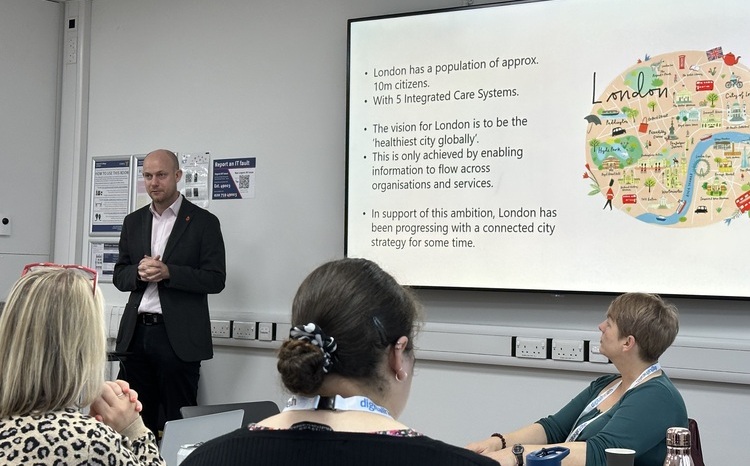Spending on integration technology set to rise
- 12 August 2004
A new survey on the attitudes to integration of senior IT personnel has revealed that many companies plan to increase spending on integration technology in 2004. The survey, carried out by research company PMP on behalf of InterSystems, included 100 interviews with senior IT personnel in companies whose turnover exceeded £100 million. Some 42 per cent anticipated an increase in the budget they devote to Enterprise Application Integration (EAI) software this year, with 11 per cent predicting a substantial increase. Although the survey did not cover the health sector Phil Birchall, director of healthcare for InterSystems told E-Health Insider that the results raised some interesting questions for the NHS. “From my point of view it’s very interesting that people in other industries are investing in integration and leveraging their existing assets at a when the NHS appears to be taking another approach." For the leading organisations the question facing them was rather how to strike “the right balance between retained and new systems”, said Birchall. “We’ve seen the sectors that invest most heavily in IT, and that have already been through the enterprise software implementations phase – with enterprise systems such as SAP – that they have not found it as easy as they’d hoped." He said that the evolution of technology – particularly web services – for companies to work with a greater mixed economy of legacy applications that are critical to their business or difficult to replace, together with new systems. “People are now evaluating the costs of replacing older systems that still fulfil a business need. Why not spend that money on something new that adds new capabilities rather than just replace existing systems." Birchall added that where once integration was a relatively small component of any IT project it was now a key factor, soaking up an increasing proportion of costs. In the InterSystems survey 29 per cent of those surveyed said expenditure on integration projects represented more than one fifth of their IT spending, 7 per cent said their companies devoted 40 per cent or more of their IT spend to this purpose while 4 per cent said integration accounted for at least half of their IT budget. According to InterSystems the survey demonstrates that the main drivers for using integration technologies are concerned more with enhancing the flexibility and agility of the organisation’s internal processes rather than improving interaction with suppliers, partners or customers. Highlighting this emphasis on internal flexibility, 80 per cent of the sample stated a key benefit they were seeking from their integration projects was “to make it easier to enhance and modify systems” with 79 per cent looking to integration to "make it easier to modify business processes’’. While all industry sectors saw integration as providing real benefits to their organisation, the survey also identified some key areas for improvement. For example, when deploying off-the-shelf adapters for popular software suites, only 7 per cent of the sample said that the process had been straightforward. The PMP survey also found that consultants and systems integrators (CSIs) are used by a substantial number of respondent companies, both for product selection and implementation. Some 62 per cent of companies surveyed claimed to have used CSIs to ‘help in EAI product selection’ and 65 per cent had utilised them to ‘implement integration solutions’. “Integration is firmly back on the agenda as a technology that can extract greater value from existing investments in the development of new composite applications and the delivery of business activity monitoring solutions,” commented InterSystems alliance manager, Duncan Allen. InterSystems in November 2003 launched its own comprehensive integration platform Ensemble delivered in conjunction with integration partners. To help maximise the rapid realisation of benefits for end users of the new solution, InterSystems has created the Ensemble Implementation Partner Programme.




